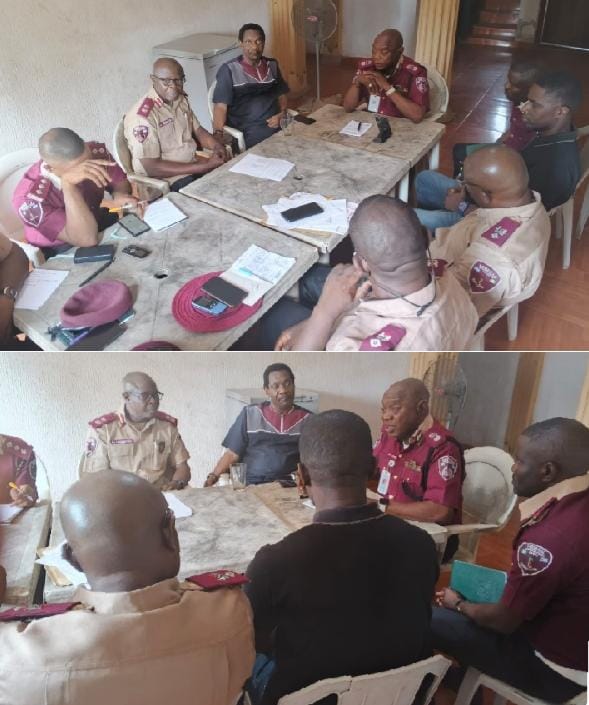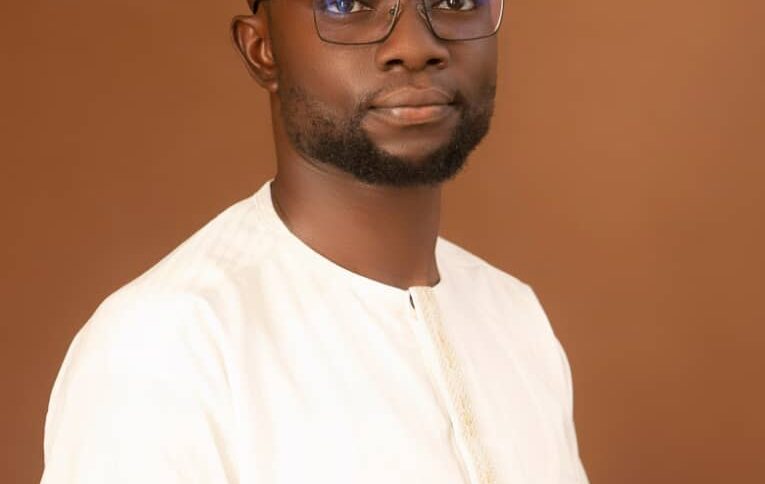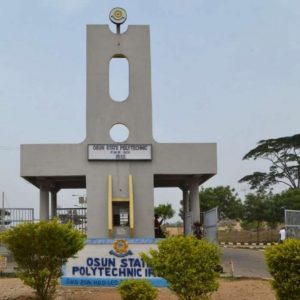FUTMinna lauds German govt over decade funding of research
[ad_1]
THE vice chancellor, Federal University of Technology Minna, Professor Faruk Adamu Kuta, has expressed appreciation to the German government in conjunction with the country’s (German) Institute of Research for establishing and funding a Research Centre known as the West African Science Service Centre on Climate Change and Adopted Land Use(WASCAL) in the university since 2012 till date.
Professor Kuta gave the commendation in his remarks during the commemoration of the 10th anniversary celebration of the programme over the weekend at the conference hall of the institution in Gidan Kwao main campus, Minna.
The 10th anniversary celebration had in attendance some dignitaries from within and outside the country, including two former vice chancellors of the university; Professors Muhammad Salihu Audu and Musbau Adewumi Akanji.
Others were the chairman of the Governing Board of WASCAL, Professor Muhammadou Hassirou, a seasoned Mathematician (representing the Republic of Niger) in the company of some of his board members, which cut across the West African sub-region, among whom were academics from Ghana, Republic of Benin, Burkina Faso, The Gambia, Nigeria, among others.
The VC also used the opportunity to appreciate the Federal Government for paying the counterpart funding for the programme in the university over the last 10 years.
He disclosed that the programme had been growing in leaps and bounds, saying “a lot of successes have been recorded; the programme has produced a number of graduates as well as postgraduate students and up to the Ph.D level.
He stressed that WASCAL had impacted positively on the community; state, and the entire nation within the West African sub-region.
“The aim of the programme is basically to address the challenges of climate change and for us to have a level playing ground in our research in the university, we must ensure that our people at the grassroots understand what climate change is all about,” the VC said.
Also in her remarks, the director, WASCAL in FUTMinna, Professor Appolonia Okhimamhe, disclosed that the programme had graduated no fewer than 30 Masters degree students within a period of 10 years, noting that the duration of the programmes is two years.
He explained further that the Ph.D students spend six months in Germany to carry out their research work, apart from the fact that they have to conduct their research in their various countries.
He stressed that “some of their research have been published in many notable international journals.”
[ad_2]













Post Comment